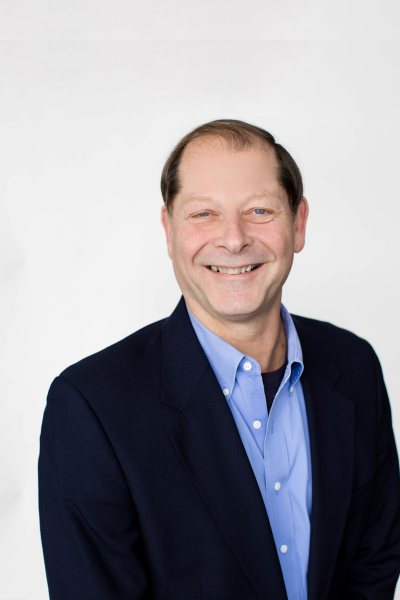Dos and Don’ts of Retirement Planning
by David Strege CFP® CFA CKA® Senior Financial Planner | July 10, 2023
DO know what you are going to retire to: The idea of retirement sounds enticing – waking up when you want and doing what you want without much care in the world. But have you ever taken four to six weeks of vacation in a row? That scenario can become tedious. If you don’t have a plan of action, retirement can become very boring.
Determine what you want to explore and do in retirement. Social, education, vacation and even work opportunities are available to explore on your schedule. You want to look forward to new activities of interest to you, not just quit employment.

DO run long-term projections: If you don’t know how long your finances will last then you have a problem. Sure, you can retire, but for how long? Many online calculators and financial professionals are available to help you determine where your lifetime cash flow will come from, including how to maintain your lifestyle as inflation reduces your spending power.
Answering the first question “What are you retiring to” allows you to develop a spending plan to cover the expenses of the things you want to do. You also want to plan for contingencies like health issues, family emergencies, dying too soon and living too long. It is great when a plan comes together. A good plan can also adapt as life happens.
DON’T spend too much: The long-term projection should provide you with the living expense amount that your resources can sustain over your lifetime. When these amounts are not planned for, and overspending occurs, it can cause a financial disaster.
Work off a lower amount to develop a spending plan. In that spending plan include bigger-ticket items like home repairs and periodic vehicle replacement.
DON’T have too much home: Buying more home than you can afford causes a lot of stress and places restrictions on what else you can do. A major home repair further exacerbates a cash flow crunch and can cause the loss of the home. A higher-priced home always seems more appealing, and people end up thinking that it must be OK to buy it if the bank will lend them the money.
You want to keep your housing cost below 30% of your sustainable income. Otherwise, instead of you owning your home it owns you because you will have less freedom and flexibility in life. The most secure route is to own your home outright. With no mortgage you just need to pay for insurance, utilities and property taxes to keep it.
DON’T procrastinate: If you wait for the perfect time to develop a plan, make an investment, create estate documents, etc., these important actions are unlikely to be done in a way that serves you well. When it comes to estate planning, specifically, everyone says their family will be different, but even the closest-knit families can experience drama over the gray areas of an estate.
Unfortunately, death is something that will come to us all, but you can save your loved ones a great deal of hardship by making sure your estate is set up properly. Time is an even more important life asset than money. Making timely decisions that can set a course toward your goals, but that can be changed as life happens, is key.
DO have an adequate cash reserve: Life will happen, and investment markets will fluctuate. Having too little in cash reserve can cause stressful situations.
Have at least three months, but preferably six months, of living expenses in an accessible bank account. Have amounts that you know you will be spending for one-time items in the next one to two years in a money market. Have at least three years of needed investment withdrawal amounts in bonds. Then when the stock market corrects you have the bond portions to pull on when the stocks recover.
DO invest to stay ahead of long-term inflation: You may be retired for more than 30 years. Some people get too conservative in retirement and only put their long-term money in money markets and certificates of deposit. These low-risk returns will struggle to keep up with inflation.
You need an investment allocation that will keep your spending power ahead of inflation. With more than 10 years for your money to work for you, some of it should be in a well-diversified stock portfolio.



